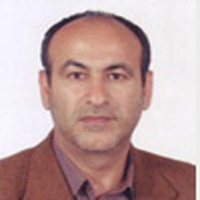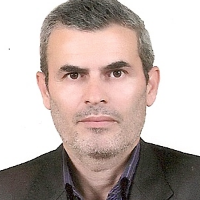Evaluating the effectiveness of advanced oxidation processes for leachate treatment: A systematic review
Leachate, containing challenging-to-degrade organic substances and persistent toxins, poses significant environmental concerns. Advanced oxidation processes (AOPs) have emerged as a promising solution for effective leachate treatment. This research provides a comprehensive review of the impact of various AOPs in leachate treatment.
This systematic review was conducted, encompassing commonly used AOPs such as ozone, peroxone, O3/catalyst, Fenton, photo-Fenton, UV/TiO2, photolytic persulfate, O3/UV, and O3/H2O2/ UV. Extensive searches were performed using reputable databases, including EBSCO, PubMed, Web of Science, and Google Scholar. Specific keywords and inclusion/exclusion criteria were applied. Data regarding leachate treatment parameters were meticulously summarized and analyzed using descriptive statistical methods.
The efficiency of AOPs in removing leachate organic matter varied, with chemical oxygen demand (COD) removal ranging from 41% to 83% in treatment systems. The order of effectiveness was found to be: O3/UV/H2O2 > photo-Fenton > UV/TiO2 > Fenton > persulfate (PS) > O3/UV > O3/H2O2 > O3/catalyst > ozonation (O3). The highest COD removal efficiency of 83.75% was achieved using the O3/UV/H2O2 AOP approach. The removal efficiency of color also varied, ranging from 32% to 100%, depending on the leachate’s characteristics, concentration, and specific treatment process utilized.
AOPs, particularly the hybrid approach using O3/UV/H2O2, significantly enhance waste leachate treatment by effectively degrading persistent organic compounds through the generation of hydroxyl radicals. Further research is required to optimize AOPs and improve their efficiency in waste leachate treatment.
-
Study on the Frequency and Factors Affecting Treatment Discontinuation in Gout Patients in Sari, 2023–2024
Yasaman Salehi, Maryam Mobini*, Fatemeh Niksolat, Aref Hoseinian, Rezaali Mohammadpour
Journal of Mazandaran University of Medical Sciences, -
The Effect of Watching Cartoon on Pain and Anxiety of Venipuncture in 3-6 Year-Old Children: A Randomized Controlled Clinical Trial
Nasim-Sadat Hajehforoush, Mohammadsadegh Rezai, Samaneh Farnia, Tahamtan, Hamideh Azimi Lolaty *
Journal of Nursing and Midwifery Sciences, Jul -Sep 2024 -
Assessing the Need for Continuity of Preventive Environmental Health Recommendations to Avoid Contamination With COVID-19: A Systematic Review Study
Mohammadali Zazouli, , Hadi Niknejad, Alireza Ala *
Journal of Advances in Environmental Health Research, Summer 2024 -
Investigating the release of microplastics from tea bags into tea drinks and human exposure assessment
Ali Yousefi, Hossein Movahedian Attar*,
Environmental Health Engineering and Management Journal, Summer 2024 -
Investigating the Presence of Microplastics as an Emerging Contaminant in Water and Various Beverages: A Review Study
Atefeh Jabbari, Mohammadali Zazouli, Yalda Hashempour*
Journal of Health Research in Community,





